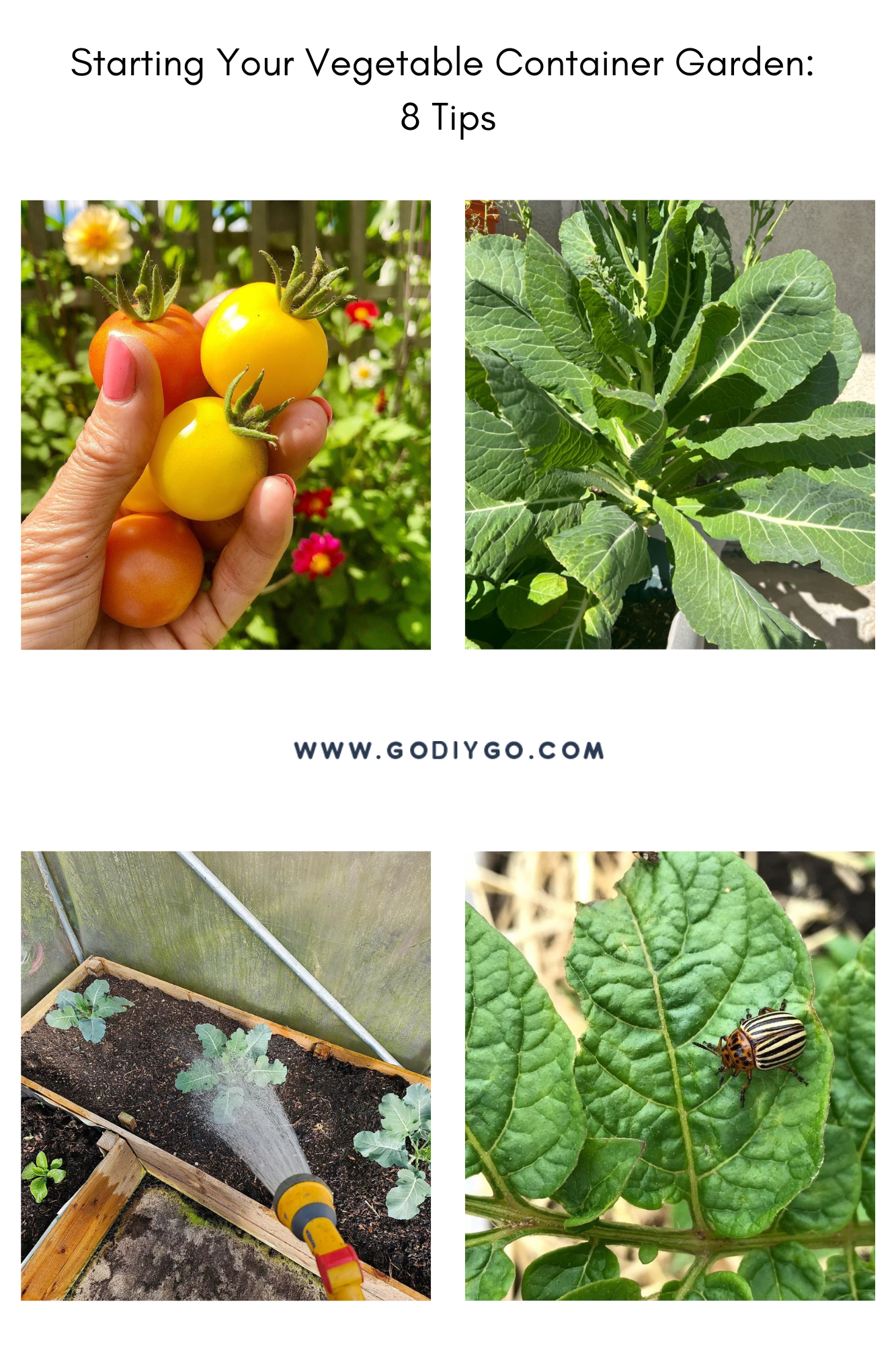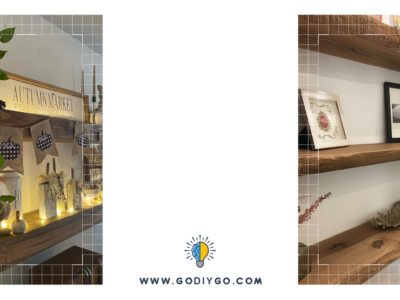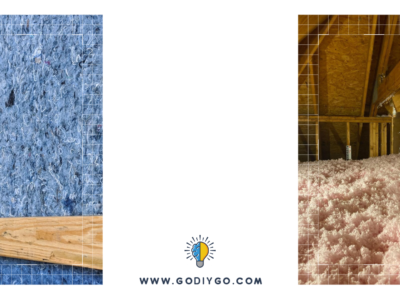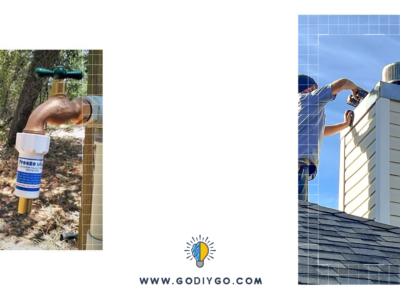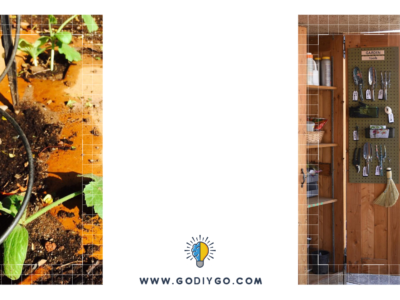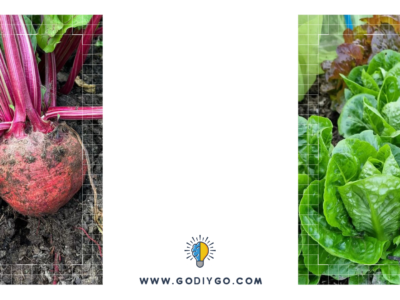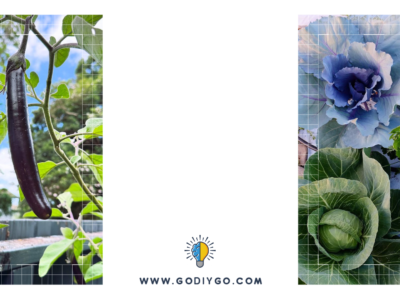Want to grow your own food but short on time and space for a garden (or find weeding and other chores too tough)? No worries! There’s an easy solution. Container gardening lets you grow fresh veggies conveniently, whether it’s on your doorstep or a sunny balcony. Just follow these simple tips to enjoy plenty of homegrown produce without needing a big garden plot. Here are five essential tips for growing your own vegetable container garden successfully.
1. Choose a Container That Fits Just Right
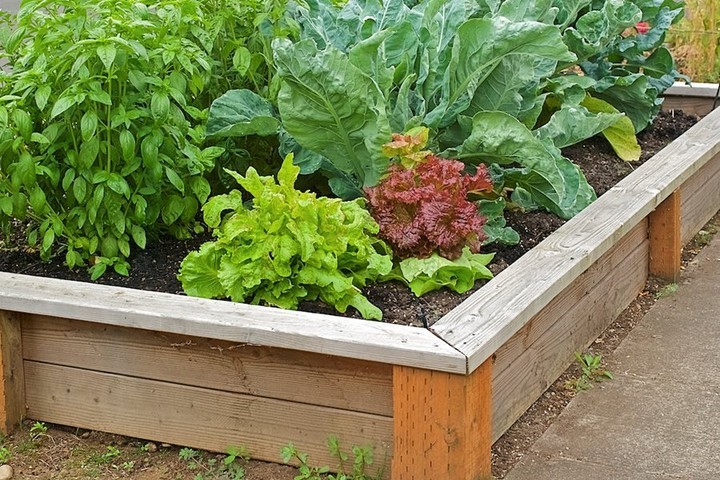
Picking the right container is super important for your veggie garden to thrive. It makes a big difference in how well your plants grow and produce. Garden inspiration from @ gardendesignmag
Almost anything you can think of will work, like big clay pots, wine barrels, or recycled containers. Small pots, however, won’t cut it. They don’t have enough room for your plants to grow properly, and the soil will dry out too quickly. With small pots, you’ll find yourself constantly watering and still not getting good results. It’s crucial to give your plants enough space and soil to thrive.
2. Thin Seedling with Care
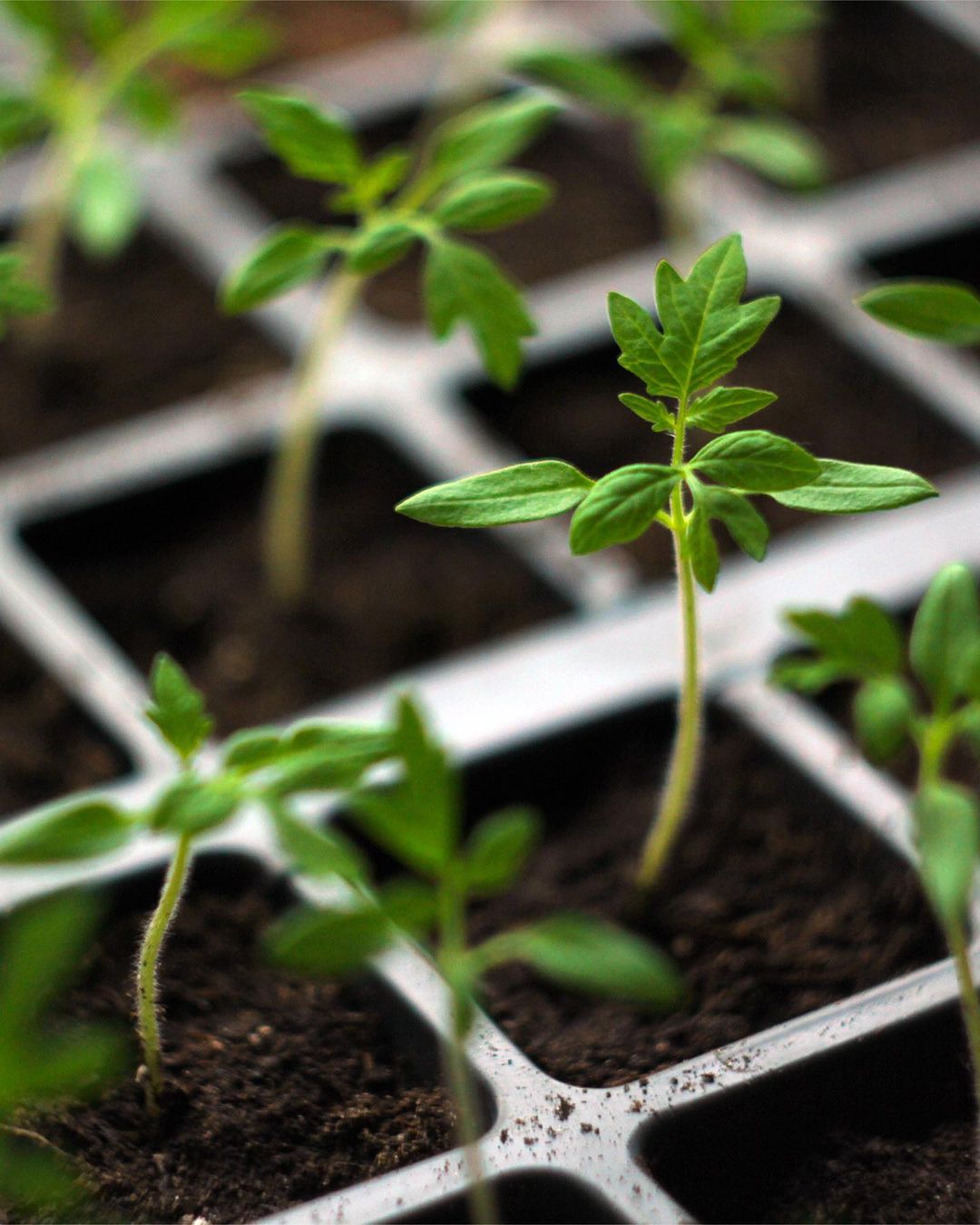
Carefully thinning seedlings is essential to ensure each plant has enough space to grow. Overcrowded seedlings compete for nutrients, water, and light, which can stunt their growth. Tomato seedling from @ richgrogarden
When your seedlings start sprouting, it’s important to thin them out carefully. It might seem harsh, but giving each plant enough space to grow is key. Crowded seedlings compete for nutrients, water, and light, which can stunt their growth. So, pinch or snip the weaker ones, making sure the stronger seedlings have room to flourish.
3. Provide Adequate Sunlight
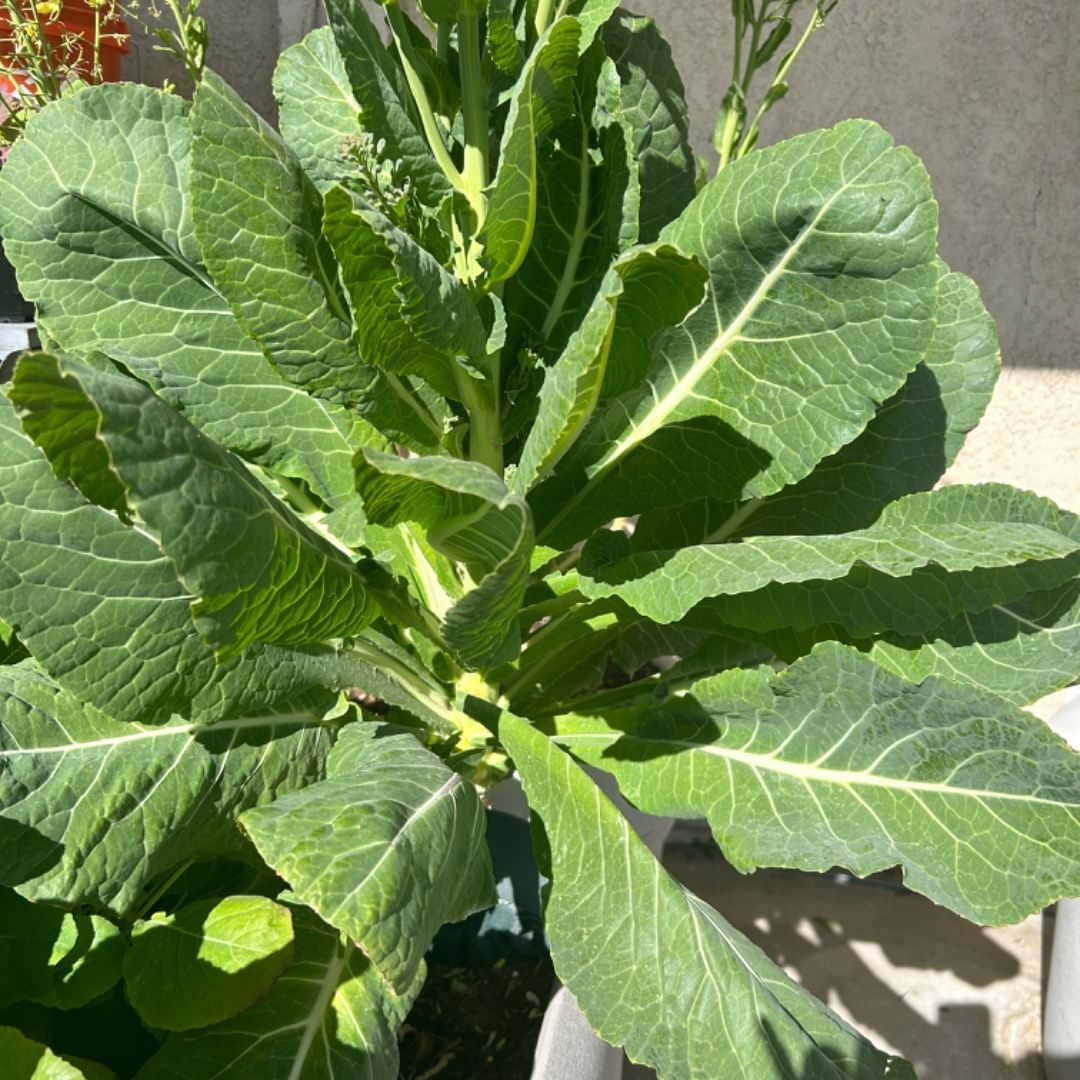
Placing your containers in these sunny spots ensures your vegetables get the light they need to flourish and yield a healthy harvest. Grow your own food from @ officialsugafreethapimp
Most vegetables thrive on sunlight, needing about 6-8 hours of direct exposure daily for optimal growth. When choosing a spot for your containers, prioritize locations that receive ample sunlight, such as a sunny balcony, patio, or a well-lit window sill. This sunlight is crucial for photosynthesis, the process by which plants convert light into energy for growth and fruit production.
4. Fertilize when Necessary
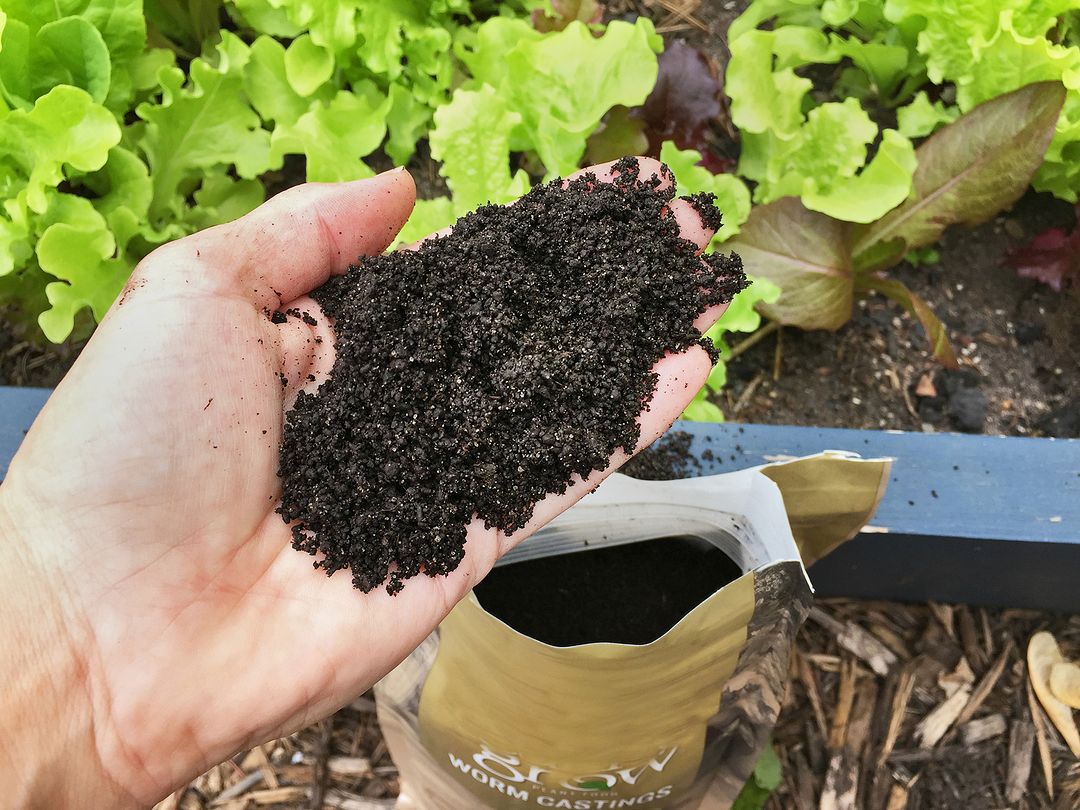
Since container plants can’t access nutrients from the ground, they rely on you to keep their soil enriched. Use a balanced fertilizer or organic compost every few weeks to provide the essential nutrients your plants need to grow strong and healthy. Garden care from @ getbusygardening
Your plants will need a little extra boost now and then, so don’t forget to fertilize when necessary. Since container plants can’t draw nutrients from the ground, they rely on you to keep their soil rich. Use a balanced fertilizer or organic compost every few weeks to give them the nutrients they need to grow strong and healthy. Just follow the instructions on the package, and your plants will thrive.
5. Use High-Quality Soil
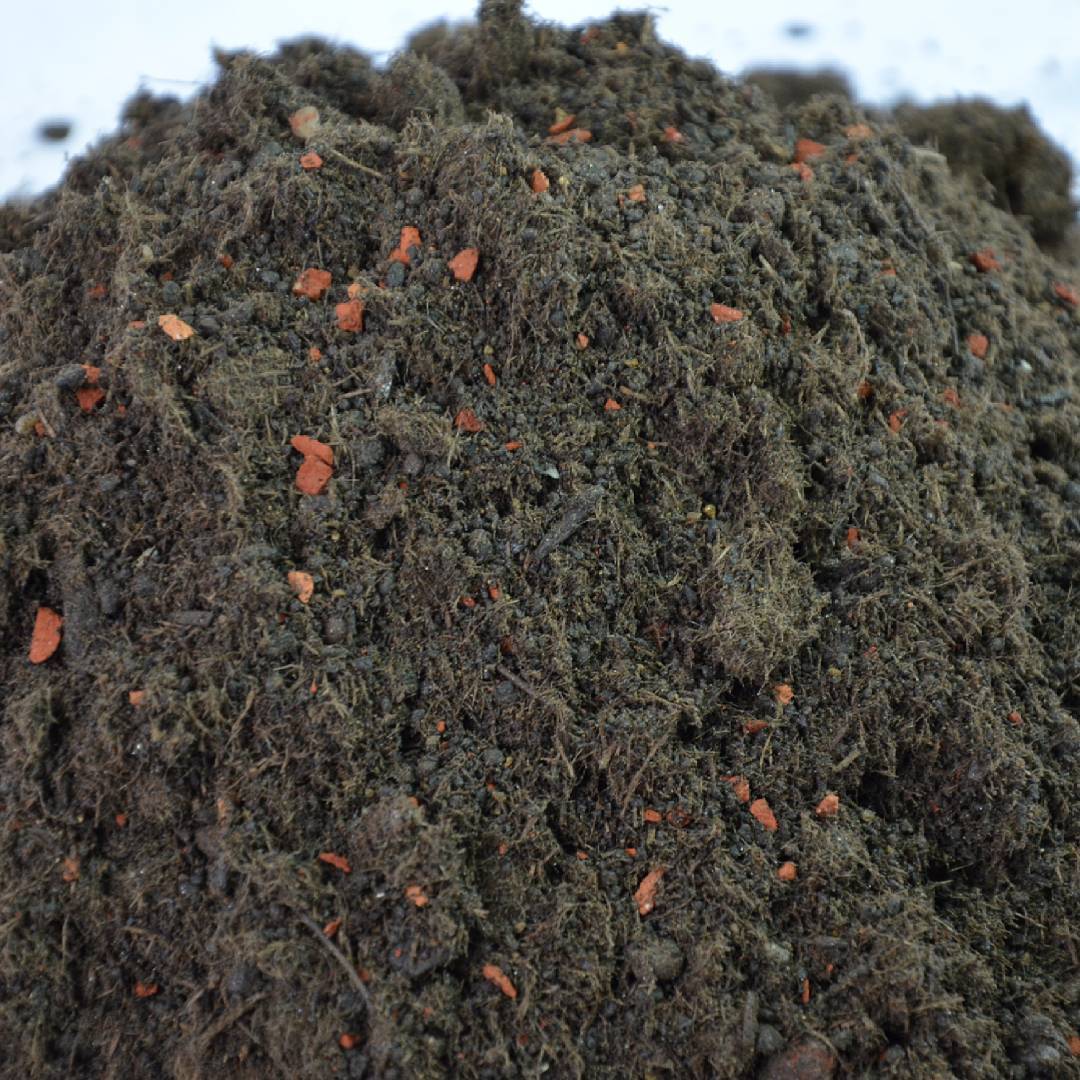
Quality soil provides the perfect environment for roots to grow, helping your plants stay healthy and productive. Don’t skimp on this step; it makes all the difference in how well your vegetables will grow. Soil from @ kanamu_pachae
Using high-quality soil is crucial for your container garden’s success. Regular garden soil is too dense for containers, so go for a good potting mix that’s well-draining and rich in nutrients.
6. Monitor for Pests and Diseases
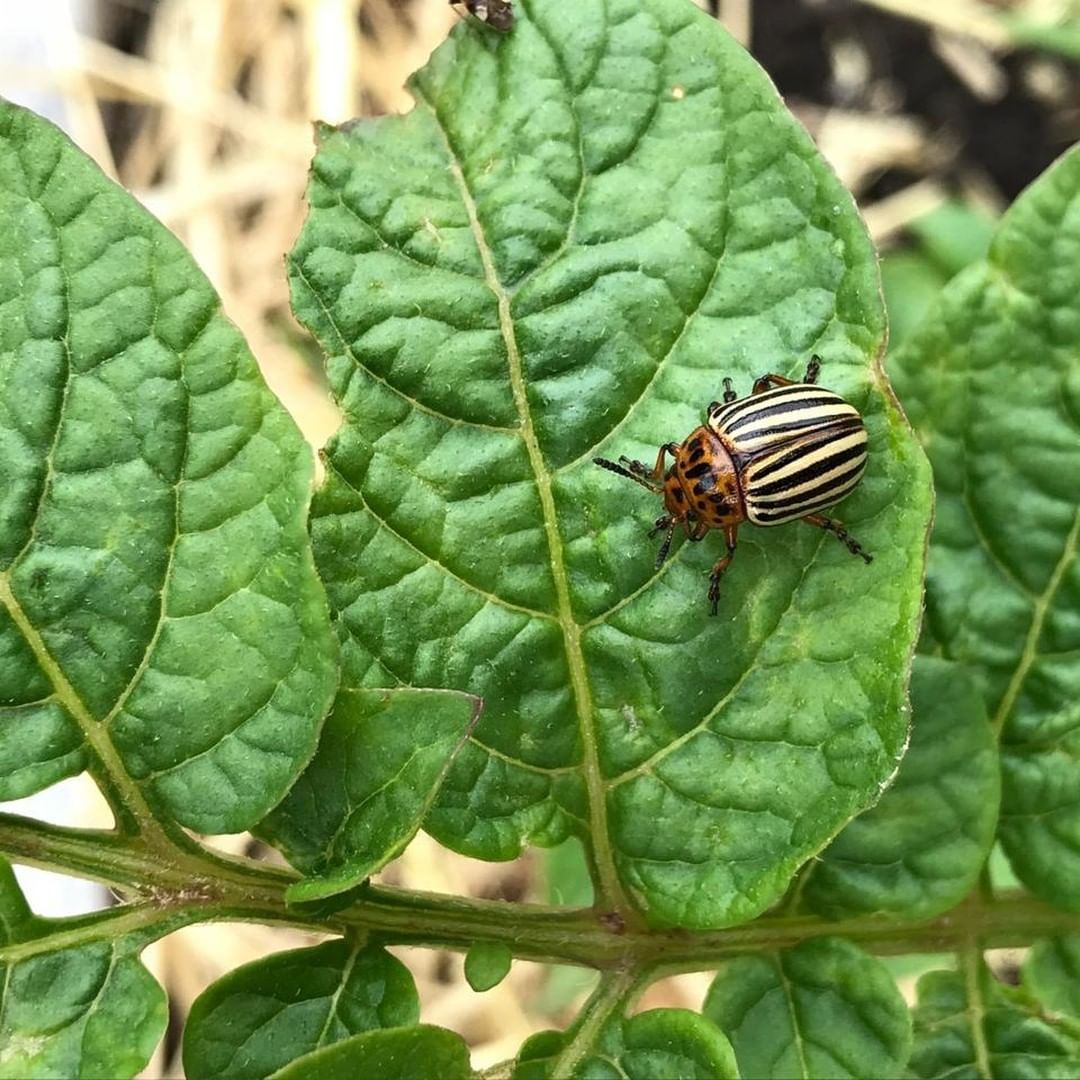
Address any issues promptly using organic pest control methods or fungicides if necessary. Regular monitoring helps you catch problems early, ensuring your plants stay strong and productive. Garden pest from @ gardeners
Keep an eye for pests like aphids and common diseases such as powdery mildew, which can affect your plants. Act swiftly if you notice any signs of infestation or disease. Using organic pest control methods, such as neem oil or insecticidal soap, can effectively manage pests without harming beneficial insects. For fungal diseases like powdery mildew, applying fungicides labeled for vegetables can help prevent its spread.
7. Watch for Signs Your Plants Need Water
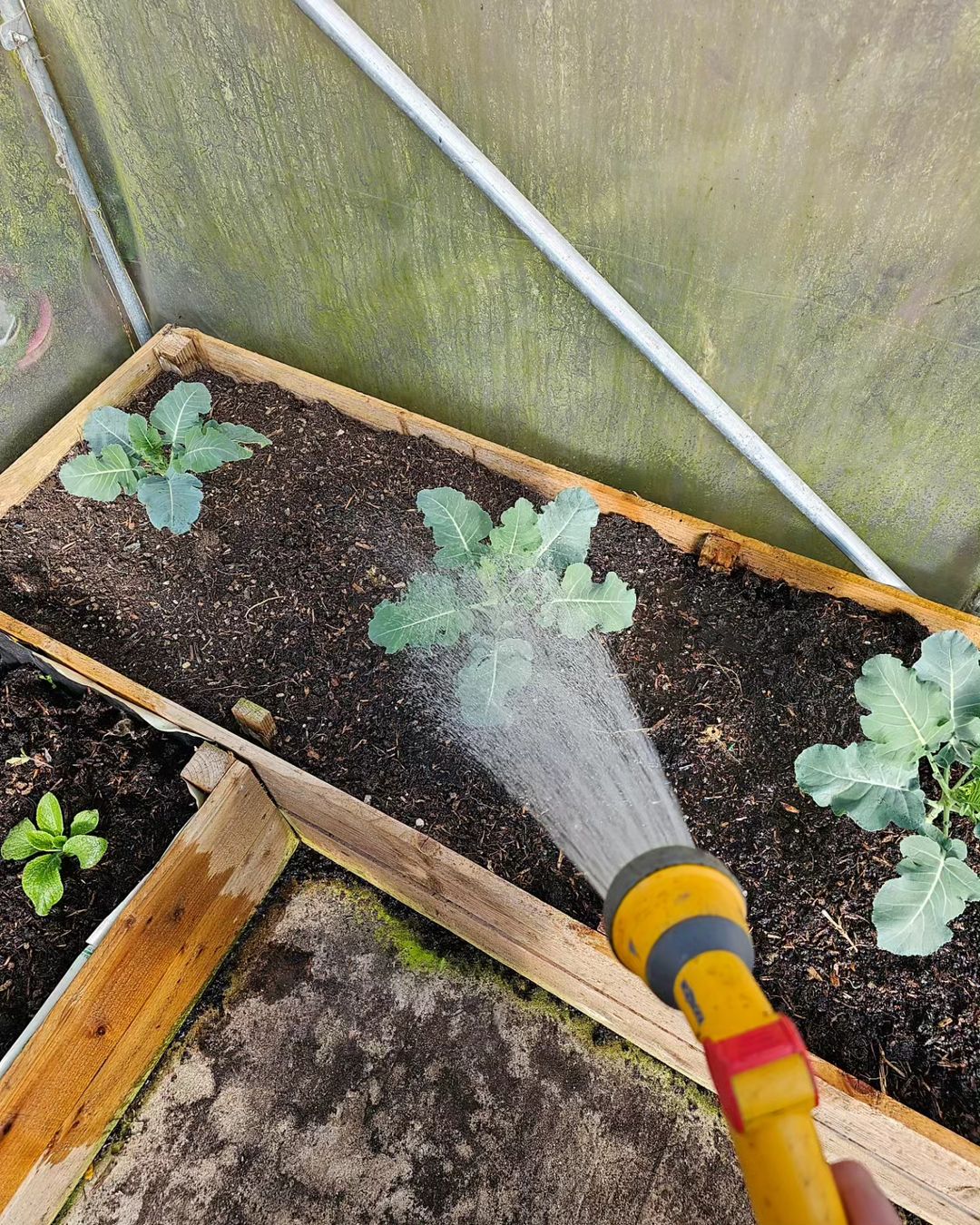
Remember, container plants dry out faster than those in the ground, so regular checks are important to keep them happy and healthy. Container garden from @ cotswold.potager
Keep an eye out for signs that your plants need water. Wilting leaves, dry soil, and slower growth can all indicate that your plants are thirsty. Stick your finger about an inch into the soil; if it feels dry, it’s time to water.
8. Harvest Regularly
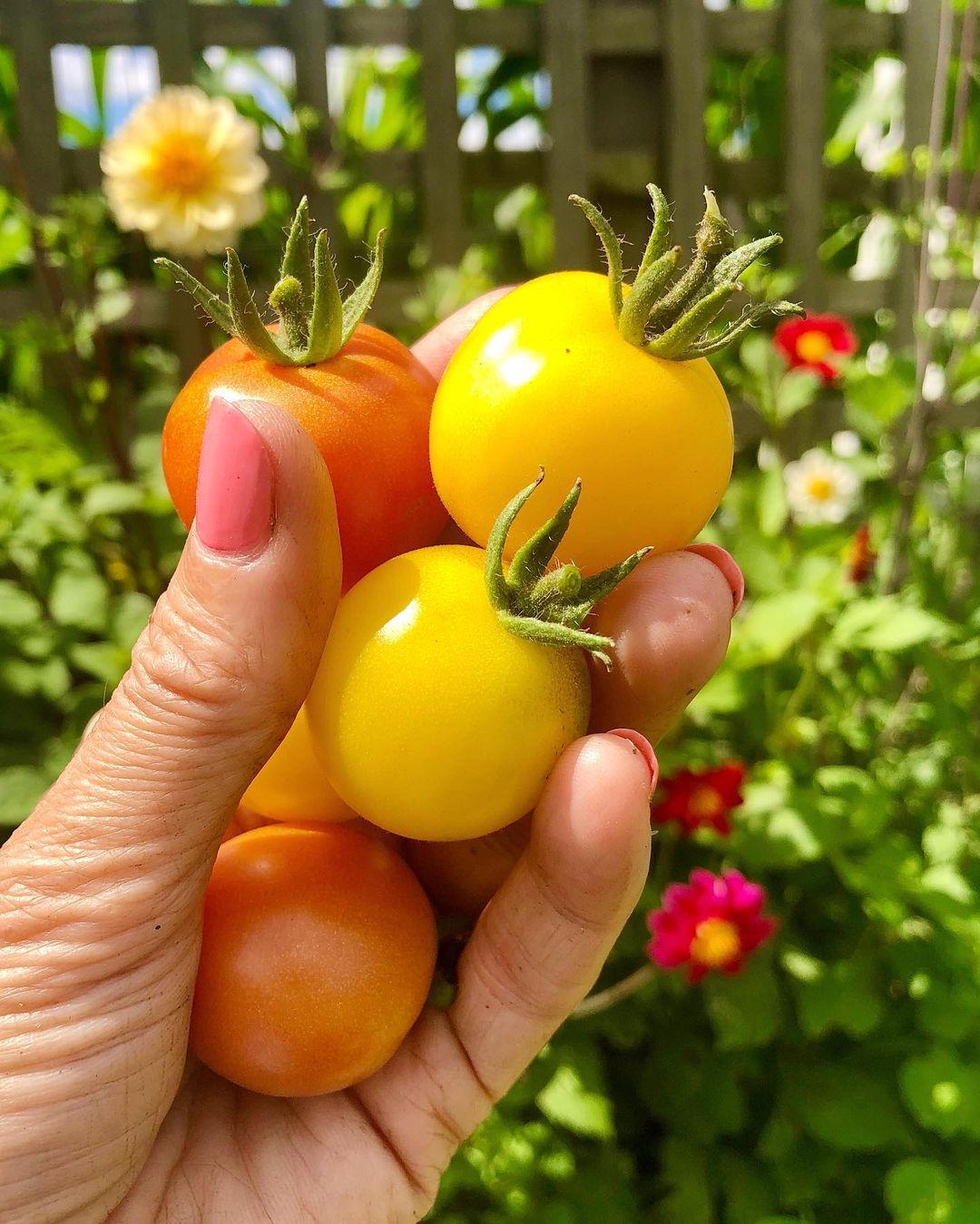
By harvesting regularly, you help maintain plant vitality and ensure a steady supply of delicious homegrown vegetables throughout the growing season. Harvesting from @ thegoodlifeinmyveggiegarden
Enjoy the rewards of your efforts by harvesting your vegetables regularly. Regular harvesting not only allows you to enjoy fresh produce but also encourages plants to continue producing. Leaving fruits or vegetables on the plant too long can affect plant health and productivity.


